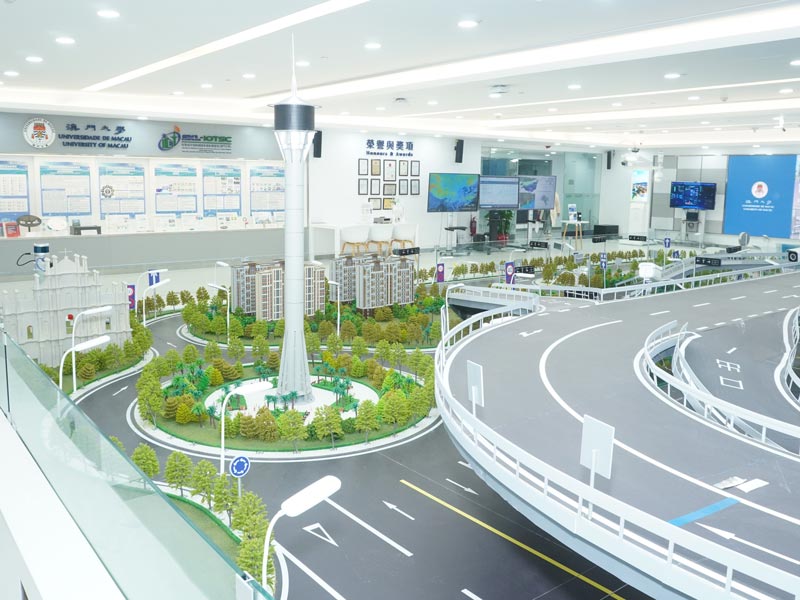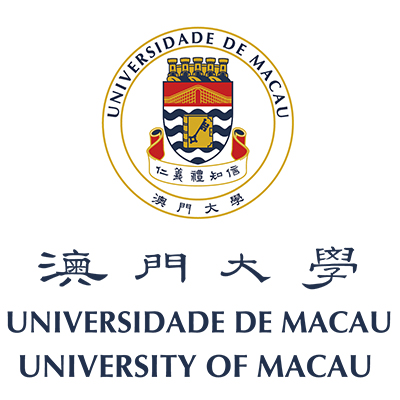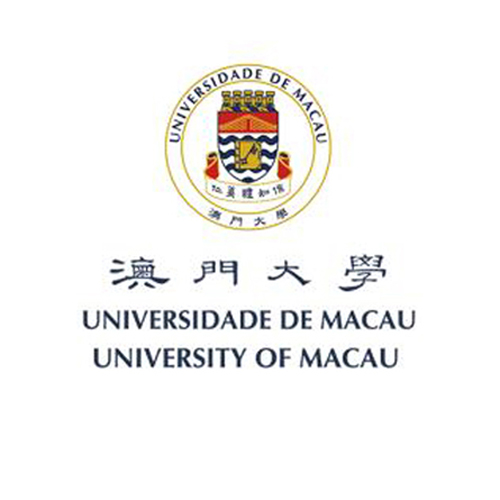Pioneering digital innovation to build the smart cities of tomorrow
The University of Macau is using the Internet of Things technologies to drive sustainable digital transformation in Macao, keeping the city at the forefront of innovation for generations to come

Sponsored by

Sponsored by

Macao’s transformation into a smart city relies on the successful application of cutting-edge digital technologies. Such large-scale innovation requires participation from the city’s research sectors. Supporting Macao’s journey towards a digital future, the University of Macau’s State Key Laboratory of Internet of Things for Smart City propels this transformation through quality education, research and collaboration with industry and government.
Shaodan Ma, associate director of the laboratory and professor in the university’s Faculty of Science and Technology, specialises in wireless communications. She explains that smart sensors and networks are integral parts of the laboratory’s Internet of Things (IoT) approach, allowing researchers to leverage insights from urban big data for applications in intelligent transport, smart energy, urban safety and disaster prevention. According to Ma, effective sensing and communication are fundamental to building an IoT-driven smart city.
“We collect information and analyse data using AI and other algorithms. We use a knowledge graph to extract key or intelligent information that supports smart applications,” Ma says. An example of such an application is the laboratory’s tide gauge. In Macao, a coastal city prone to flooding, tidal data is essential for predictive modelling to better manage coastal flooding risks.

“We have innovative city-level algorithms,” Ma continues. “We can provide highly accurate simulations to predict water levels. All of these models have been integrated with our testing platform and we continuously improve the algorithms,” she adds. “We have a geographic information system tailored for Macao. We integrate all the sensing data and conduct the numerical simulations to test the accuracy of our prediction algorithms.”
Embedding smart sensors in infrastructure enhances Macao’s resilience, particularly in preparation for typhoons. These sensors, developed by the State Key Laboratory of Internet of Things for Smart City, also monitor the structural integrity of the Hong Kong-Zhuhai-Macao Bridge. “That bridge is not just a bridge,” Ma says. “It includes artificial islands and a tunnel that is difficult to inspect from the surface. To address these challenges, we invented a new type of fibre sensor that incorporates wireless communication, edge computing and multimodal data sensing.”
The laboratory also collaborates closely with local industry to tackle specific challenges. For example, it has established a long-term partnership with China Southern Power Grid to develop IoT technology, which is already in operation on campus, enhancing smart energy use and improving the efficiency of air conditioning systems. “We are committed to finding innovative solutions that can reduce carbon emissions and achieve carbon neutrality targets without compromising user experience,” Ma says.
Education and research make these innovations possible. The wide range of courses offered by the University of Macau in engineering, AI, computer science, and ocean science reflect the diverse knowledge base needed to support smart city development. Furthermore, recognising the importance of active participation and community engagement in driving innovation, the university organises open days and summer camps to attract and train the next generation of smart city specialists. “Our laboratory is open to the public. We organise training courses for students, in particular high school students because they are the future,” Ma concludes.
Find out more about the University of Macau.
